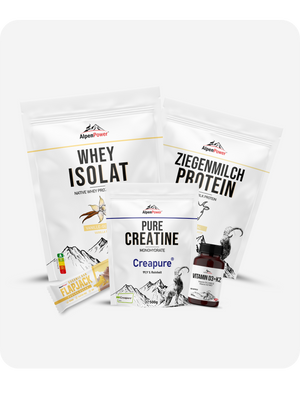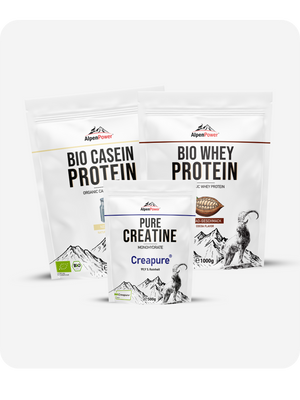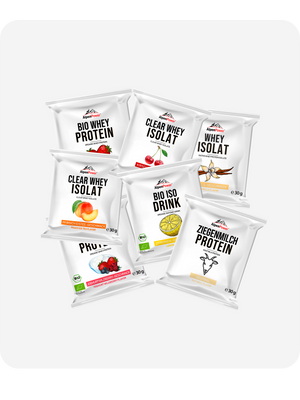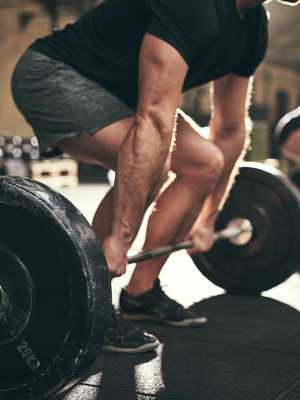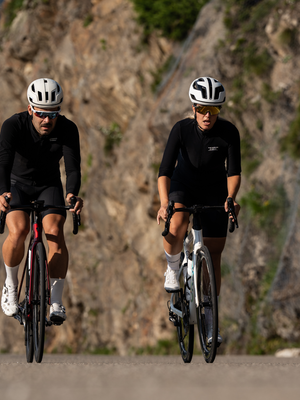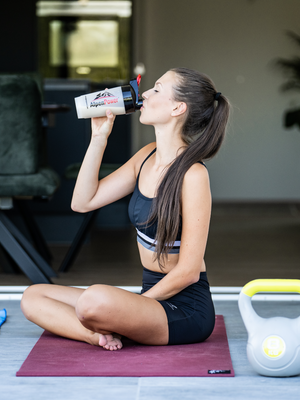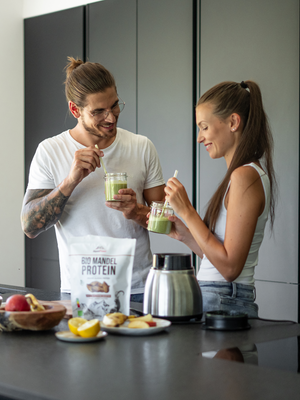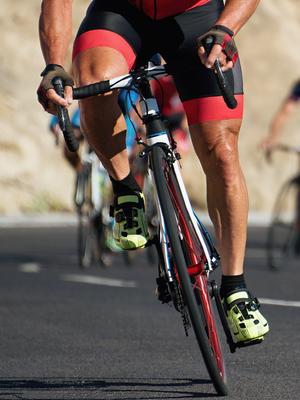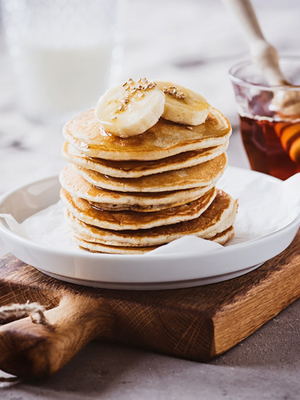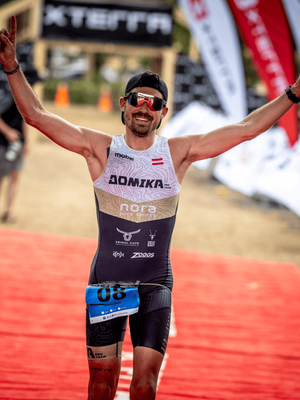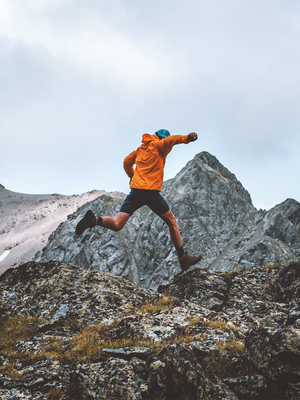When temperatures rise in summer, it is all the more important to stay hydrated in order to stay fit and productive. Drinking too little can quickly become fatal. But is it enough to drink only when you're thirsty? And is water really the best drink? These tips will help you become a drinking pro! Plus: Why common drinking recommendations contain a major error.
The elixir of life, water
The human body consists of more than 50 percent water. Water is an important solvent and means of transportation and is involved in many metabolic processes, including
- Excretion of toxins
- Regulation of body temperature
- Transport of nutrients, metabolic end products and respiratory gases
So without water, NOTHING works in our body. If we had to go without food for a few days or even weeks - easy cheasy. If, on the other hand, we lack water for just a short period of time, we are quickly no longer chilled. Even a small loss of water can lead to headaches, circulatory problems, a racing heart and a rise in body temperature. But how much is healthy to drink?
This is how much you should drink
Both too little and too much fluid intake are harmful. The general drinking recommendation is therefore 1.5 to 2 liters a day. Yes, you read that right. Many of you may have expected a much higher amount. After all, many nutrition gurus recommend 30 to 35 milliliters per kilogram of body weight for adults (based on the D-A-CH recommendation). But beware: many have not looked closely at this recommendation. The D-A-CH nutrition societies mean the total water intake from drinks and solid food. High drinking recommendations therefore usually have one major flaw: they confuse the amount drunk with the total fluid requirement. This means that a person weighing 70 kilograms has a total fluid requirement of 2.1 to 2.5 liters. Of this, 1.4 to 1.6 liters should come from drinks, the rest from food. Unfortunately, the feeling of thirst is not a reliable indicator when it comes to drinking enough. It can let us down, especially during stress, concentrated work, sport, certain illnesses or in old age.
The right drinking timing
You should drink fluids in small sips throughout the day. Pouring large quantities into yourself at once is of little benefit. Get into the habit of drinking regularly: a glass of water when you get up, a cup of unsweetened tea or coffee for breakfast, a bottle of water when you leave the house and a drink within sight and reach at work. Drinking with food is also perfectly acceptable. So the myth that drinking inhibits digestion is just a myth. The only question now is: what is the best thing to drink?
The best thirst quenchers
I think everyone can answer this question. The best thirst quencher is and remains water. Whether tap, still or mild mineral water (caution: no sparkling water) or unsweetened teas for a change: drinks should ideally contain no sugar or sweeteners. If water gets too boring, it's best to add a few squeezes of lemon juice. This not only tastes good, but also promotes the absorption of iron and calcium in the intestines. But be careful: don't sip lemon water all day long! Your tooth enamel and your oesophagus are not happy with it. So it's best to drink lemon water quickly and then go back to water. Or you can make yourself a trendy "infused water": simply add berries, herbs or pieces of cucumber and ginger to the water and you're done. Homemade iced teas are also a hit, especially in summer. Special teas are available to buy for this purpose, which are added to cold water for a few minutes and provide an iced tea taste without any sugar! Unsweetened coffee, preferably enjoyed black, is also part of the liquid intake. However, a maximum of three to four cups should be consumed.
When water is no longer enough
The need for fluids can also increase significantly during sport. Sweating causes us to lose water and salts, which need to be replenished through drinks. No fluid intake is necessary during exercise lasting up to 60 minutes. For sessions of up to 90 minutes, you should drink 100 to 200 milliliters of water every 15 to 20 minutes (i.e. 0.4 to 0.8 liters per hour). Over 90 minutes, it should be a sports drink with carbohydrates. However, as the amount of sweat varies greatly depending on the type of sport, intensity, duration and level of training (from 0.5 to 2.5 liters per hour), weight checks should be carried out before and after training to determine how much fluid has actually been lost. The amount determined should be replaced by 100 to 150 percent.
| Step 1 | Weighing before training (without clothing, empty bladder) | 70.0 kg |
| Step 2 | Training (note duration) | 90 minutes |
| Step 3 | Weighing after training (without clothes, emptied bladder) | 68.8 kg |
| Step 4 | Difference in body weight in kg = sweat loss in l | 70.0 - 68.8 = 1.2 kg (approx. 1.2 l) |
| Step 5 | Calculate welding loss per hour | 1.2 l / 1.5 h = 0.8 l per hour |
However, water is no longer sufficient, especially during intensive and prolonged exercise. Sweat not only causes fluid loss, but also electrolytes, which are important for the salt-water balance and the function of our cells. You should therefore opt for hypo- or isotonic sports drinks that provide you with electrolytes, water and, in the case of long sessions (>90 minutes), carbohydrates.
Summary
- Drink 1.5-2 liters daily in sips throughout the day.
- It is best to choose water or unsweetened teas as standard drinks.
- Pieces of fruit, herbs or the occasional lemon juice in the water provide variety.
- When exercising, replace water lost through sweating, as a rule of thumb 0.4-0.8 liters per hour of exercise.
- For long and intensive training sessions, choose hypotonic or isotonic sports drinks to supply the body with electrolytes, fluids and carbohydrates.
